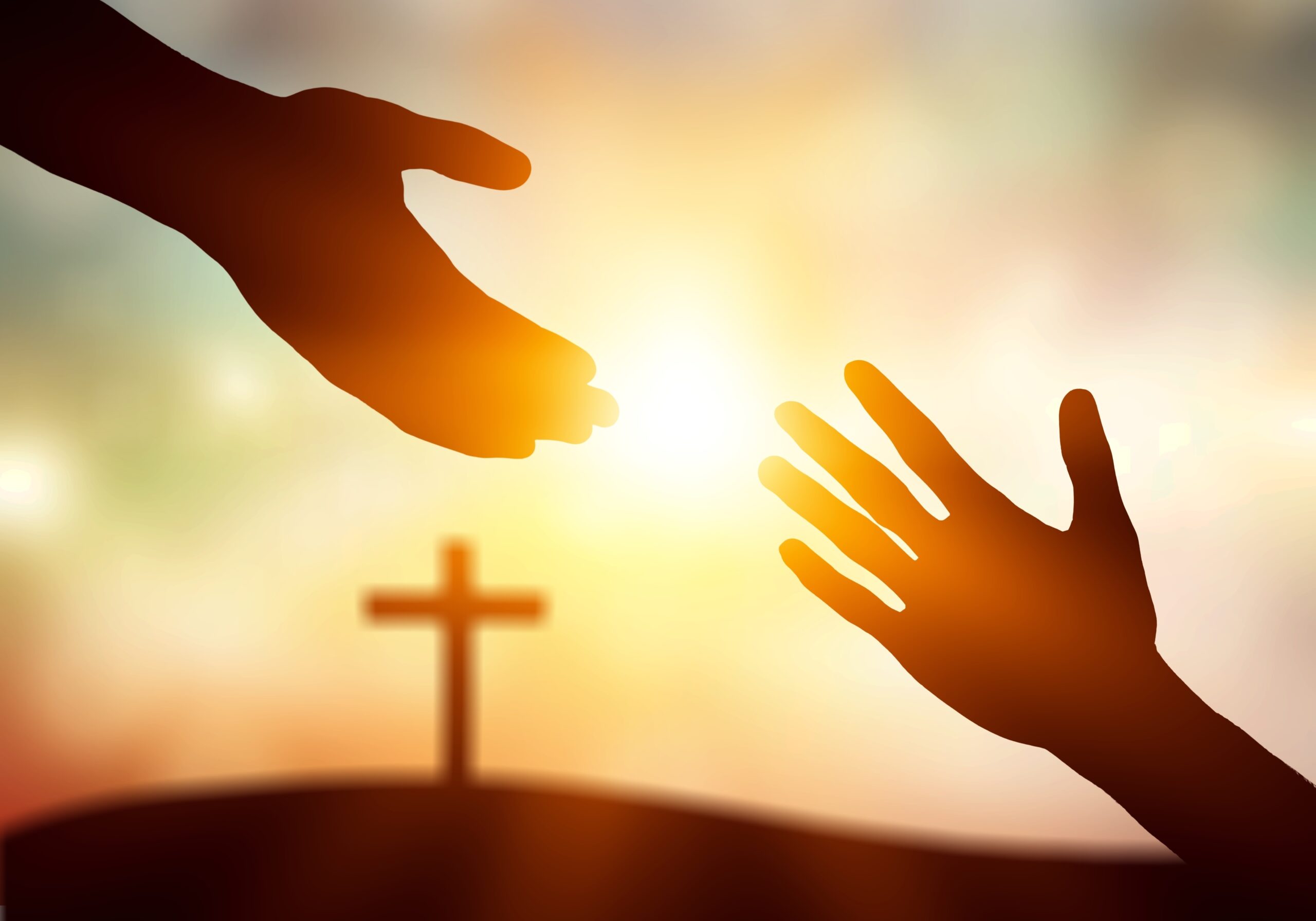Julia Ellifritt, LISW-S, Education Director
I joined Cornerstone of Hope 18 years ago, after working in hospice for 20 years. I was the first clinician hired and worked to develop many clinical areas for Cornerstone (counseling, groups, interns, volunteers). I currently hold the position of Education Director, and provide training on grief and trauma at COH and in the community. I have a master’s degree in social work from CWRU, where I also teach Grief and Loss courses.
Imagine that you and your spouse have just retired. Your home is paid off and you are ready to start checking things off of your bucket list; looking ahead to your golden years where you can travel, learn to play golf, and various other activities that you were waiting for retirement to enjoy. The good life. But then the unthinkable happens: your child dies. And now you find yourself in uncharted territory. You’re supposed to bury your parents, not your child.
Perhaps your child was a single parent, and you now find yourself in the position of having to raise their small children. So instead of golfing and traveling, you find yourself driving kids to school, attending PTA meetings, carting off kids to soccer practice, and fixing family meals again. And those beautiful grandchildren are hurting in a way that comes out in their behaviors towards you and others. That is a hard space to be in. You adore your grandkids, but you were on the track of retirement and freedom, and the train derailed and you’re parenting again. That’s not a bad thing – you would do anything for those kids – but it’s a hard thing. An unexpected situation. You are navigating your grief along with your grandchildren’s grief, and it’s just plain hard.
Or maybe this is your scenario: your grandchild dies tragically and unexpectedly, and your son or daughter are broken in their grief. It has been said that grandparents grieve twice. First, for the loss of their grandchild, which goes against what seems right. And second for the uncontrollable pain as they watch their child grieving.
So grandparent grieving is complicated, unique, and misunderstood by many. But it’s very real. At times you have to put your own grief on the back burner, in order to comfort your grandchild.
If any of the above situations are all too familiar to you, please know two things:
- You are not alone. Cornerstone of Hope has bereavement support groups where you can meet other grandparents on a similar journey. Please call us or check our website if we can help you in any way.
- God sees you in your pain, and longs to comfort you. He sees your anger, your sadness, your confusion, your loneliness and anything else you may be feeling. The shortest verse in the bible is this: “Jesus wept”. Yes, he wept. He cried when his friend Lazarus died. He didn’t need to. Jesus knew he was going to raise Lazarus from the dead, and that they would be together again. So why did he cry? To show us his humanity. To demonstrate that it is ok, even encouraged, to cry and grieve after a loved one’s death.

No Comments.